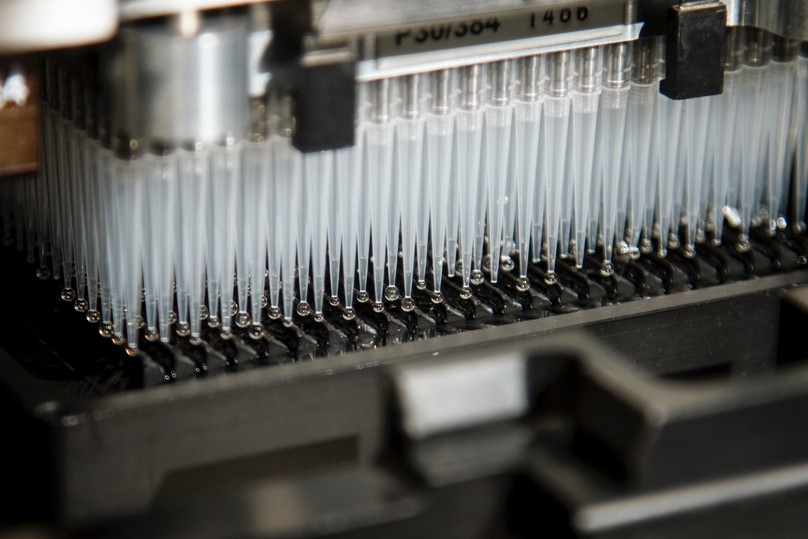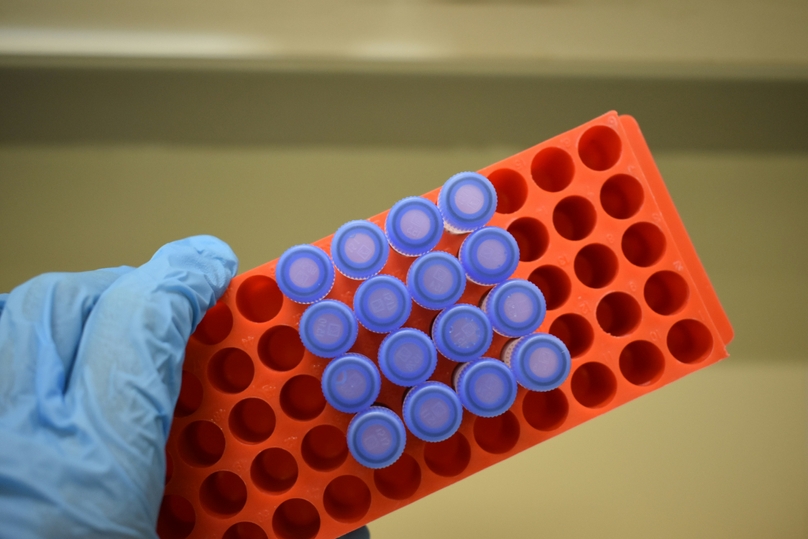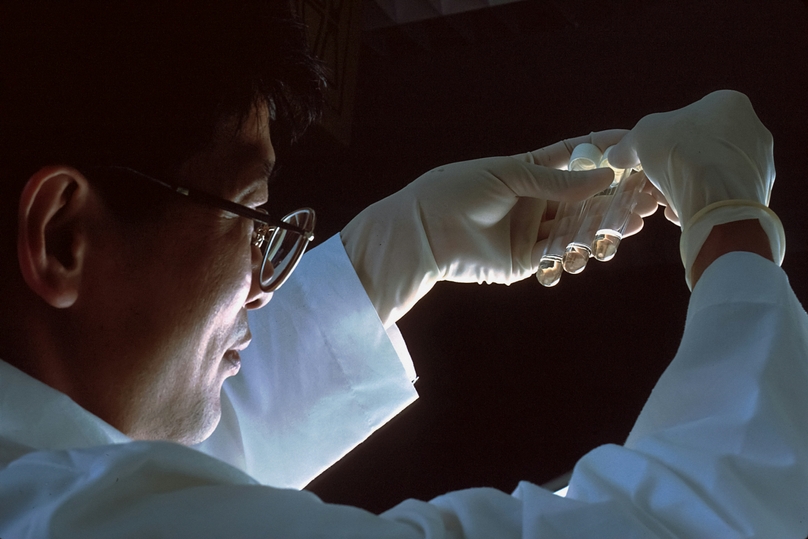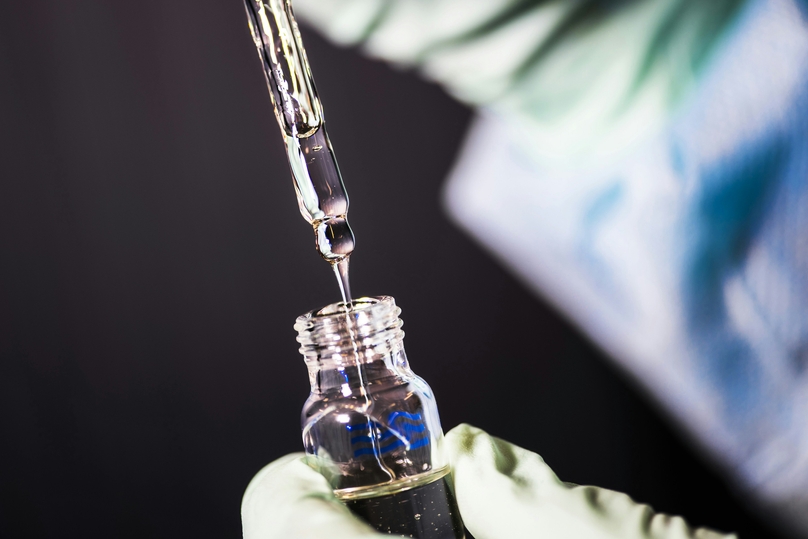Management and preservation of biological specimens are paramount in biobanking, hence, the integration of Laboratory Information Management Systems (LIMS) has proven to be important in the industry. This strategic fusion not only streamlines operations but also significantly enhances data integrity, security, and compliance with regulatory standards. Let us look into how LIMS in biobanking is setting new benchmarks for research and development in the medical field.
Streamlined Sample Management
One of the primary benefits of LIMS integration is the significant streamlining of sample management. A LIMS automates the tracking, storage, and retrieval of specimens, reducing manual errors and saving valuable time. This automation ensures that specimens are accurately cataloged, easily locatable, and properly maintained, thereby increasing the operational efficiency of biobanks.
Furthermore, LIMS allows for the handling of large volumes of samples without compromising on accuracy or efficiency. This scalability is crucial for biobanks as they expand their collections and strive to meet the growing demands of research.
Enhanced Data Integrity and Security
Data integrity is the cornerstone of credible research. LIMS integration ensures that every piece of data, from sample collection to analysis results, is accurately recorded and securely stored. The system’s audit trails, electronic signatures, and access controls prevent unauthorized modifications and ensure compliance with data protection laws, such as GDPR and HIPAA.
Moreover, the use of LIMS in biobanking fortifies data security. With advanced encryption protocols and secure server architectures, LIMS protects sensitive genetic information and patient data from cyber threats, ensuring that biobanks remain trusted repositories of valuable biological specimens.
Regulatory Compliance
Biobanking operations are subject to stringent regulatory requirements to ensure the ethical handling and use of specimens. LIMS integration simplifies compliance with regulations such as CLIA, CAP, and 21 CFR Part 11 by automating the documentation and validation processes. This not only reduces the administrative burden on biobanks but also minimizes the risk of non-compliance penalties.
LIMS also supports the implementation of standardized procedures across all biobanking operations, ensuring consistent quality control and adherence to best practices. This standardization is key to maintaining the integrity and reliability of biobanking processes.
Collaboration and Data Sharing
The integration of LIMS fosters collaboration within the scientific community by facilitating the secure sharing of specimens and data. Researchers from around the globe can access de-identified data, compare results, and collaborate on studies, speeding up the pace of scientific discovery. This collaborative environment, supported by LIMS, drives innovation and enhances the impact of biobanking on medical research.
Additionally, LIMS integration allows biobanks to contribute to global databases and registries, further advancing the collective understanding of diseases and paving the way for breakthroughs in personalized medicine.
Cost Efficiency and ROI
Investing in LIMS integration leads to significant cost savings and a higher return on investment for biobanks. By automating routine tasks, reducing errors, and optimizing resource allocation, LIMS decreases operational costs. These savings can then be redirected towards research and development efforts, maximizing the value derived from biobanking operations.
The long-term sustainability of biobanks is greatly enhanced by LIMS integration, as it provides the tools necessary to adapt to evolving research needs and technological advancements without incurring prohibitive costs.
Facilitated Quality Control and Standardization
The integration of LIMS in biobanking significantly enhances the quality control measures across all biobanking processes. By automating the validation of sample integrity at each step of storage and handling, LIMS ensures that only specimens meeting the highest quality standards are utilized for research. This level of standardization is critical for replicability and reliability in scientific studies, paving the way for credible and groundbreaking findings.
Advanced Analytics and Reporting
LIMS integration brings the power of advanced analytics and customizable reporting to biobanking operations. It enables biobanks to efficiently analyze vast amounts of data, identifying trends and generating insights that can lead to the discovery of novel biomarkers and therapeutic targets. These comprehensive reporting capabilities not only support informed decision-making but also facilitate transparent communication of findings to stakeholders and regulatory bodies.
Choosing Genemod's Solution for Biorepositories
In the era of precision medicine and advanced research, the integration of LIMS in biobanking is not just an option; it is a necessity. Genemod recognizes the critical role of biobanking in the scientific community and offers a cutting-edge biobanking LIMS solution tailored to meet the unique challenges of this field.
Our platform ensures seamless sample management, robust data security, regulatory compliance, and effective collaboration, empowering biobanks to drive innovations in healthcare. With Genemod's LIMS, biobanking operations can achieve unparalleled efficiency, accuracy, and impact. Contact us today to discover how our biobanking LIMS can transform your research capabilities.


















